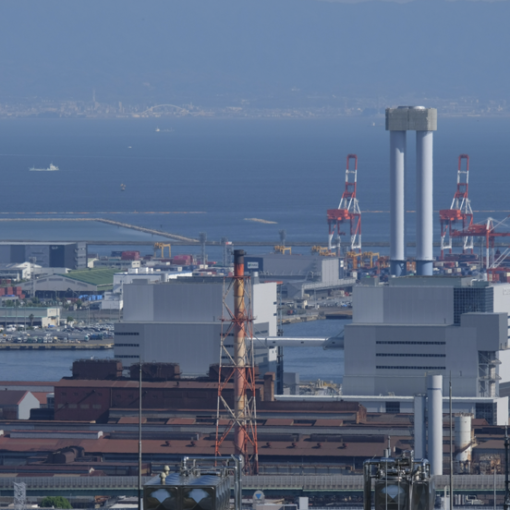by Franck Magennis.
A major topic under discussion in Doha is the Green Climate Fund (GCF). In this report, we provide some background on the creation of the fund and an update on relevant discussion in Doha. The GCF was established by the COP at its sixteenth session, with the aim of maximizing and balancing the impact of its funding for adaptation and mitigation, while promoting environmental, social, economic and development co-benefits. The Fund is intended to be the main source for global climate change finance in the context of mobilizing USD 100 billion by 2020. The Fund is governed and supervised by a Board comprising 24 members (with equal representation for developed and developing nations) that will have full responsibility for funding decisions and will receive the guidance of the COP. The Fund will establish an independent Secretariat and a Trustee with administrative competence to manage the Fund’s financial assets. The Fund is an operating entity of the financial mechanism of the Convention and is accountable to and functions under the guidance of the COP. The Fund will promote the paradigm shift towards low-emission and climate-resilient development pathways by providing support to developing countries to limit or reduce their greenhouse gas emissions and to adapt to the impacts of climate change.
A Brief History of the GCF:
The UN Climate Change Conference in Cancun, Mexico, took place in December 2010, where parties finalized the Cancun Agreements, under which GCF was created. At Cancun the Parties agreed to set up a Transitional Committee tasked with the Fund’s design and a Standing Committee to assist the COP with respect to the financial mechanism. Parties also recognized the commitment by developed countries to provide US$30 billion of fast-start finance in 2010-2012, and to jointly mobilize US$100 billion per year by 2020.
The second UNFCCC workshop on long-term finance was held in Cape Town, South Africa, from 1-3 October 2012. Parties, private sector and civil society stakeholders held in-depth discussions on new and innovative sources of climate finance, various approaches and strategies to mobilize climate finance, and ways to strengthen developing countries’ capacity for improved access to climate finance.
The second meeting of the GCF in Songdo, Incheon City, Republic of Korea, took place from 18-20 October 2012, where the GCF Board selected Incheon City as the host city of the Fund. The major topics for discussion included the long-term work plan and priorities of the Board, arrangements for establishing the independent Secretariat, including the selection of the Executive Director, and arrangements between the COP and the Fund.
The GCF at Doha:
During the Parties’ opening statements on Monday, November 26, the Gambia, for the LDCs, called for agreement on a climate finance roadmap for the period 2013-2020, and pushed for the developed countries to scale up developed their public finance contributions to a minimum of US$100 billion per year.
On Wednesday, November 28, The GCF chairs (Zaheer Fakir and Ewen McDonald) introduced the GCF’s report to the COP (FCCC/CP/2012/5). The AOSIS grouping stressed the need for additional COP guidance in expediting the operationalization of the Fund and initiating an effective and prompt replenishment process. An informal grouping of Latin American nations, led by Colombia, called for the provision of funds to facilitate the effective initiation of the GCF. The Republic of Korea, as host of the GCF, resolved to facilitate establishment of the interim secretariat as soon as possible, and the Parties agreed to take up this issue in a contact group.
On Thursday, November 29, the Parties ran into disagreement over which body should be responsible for drafting the arrangements between the GCF and the COP, with a variety of suggested resolutions. Suggestions included: proceeding based on the premise that the GCF was capable of drafting the arrangements under COP guidance; proceeding to draft the arrangements with representatives from both the COP and the GCF Board; and appointing the Standing Committee to undertake the task of drafting the arrangements. The Parties agreed to submit proposals on the issue of drafting arrangements by Friday.



